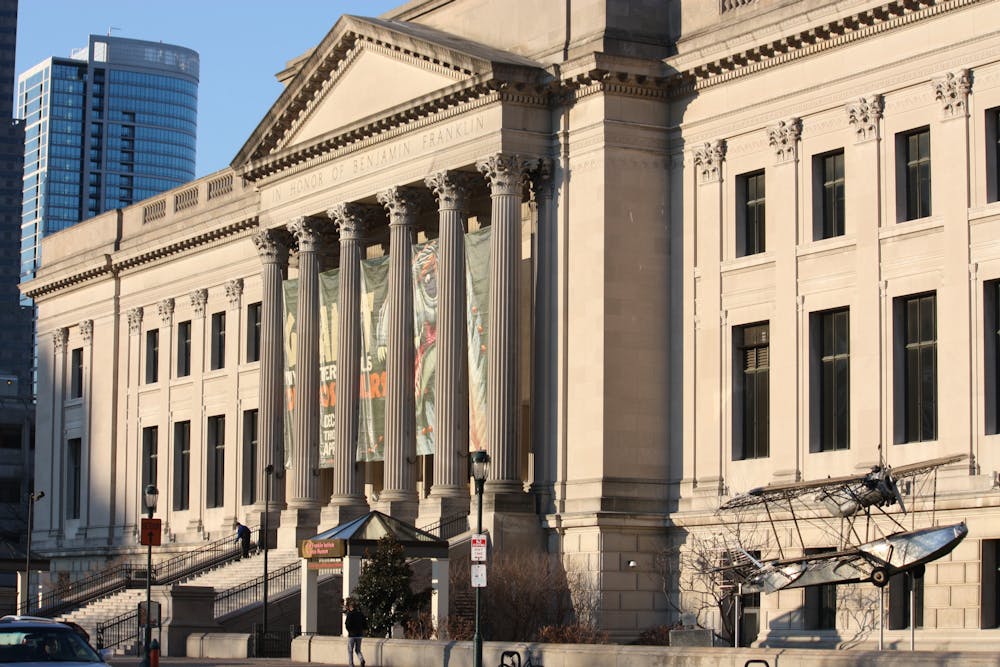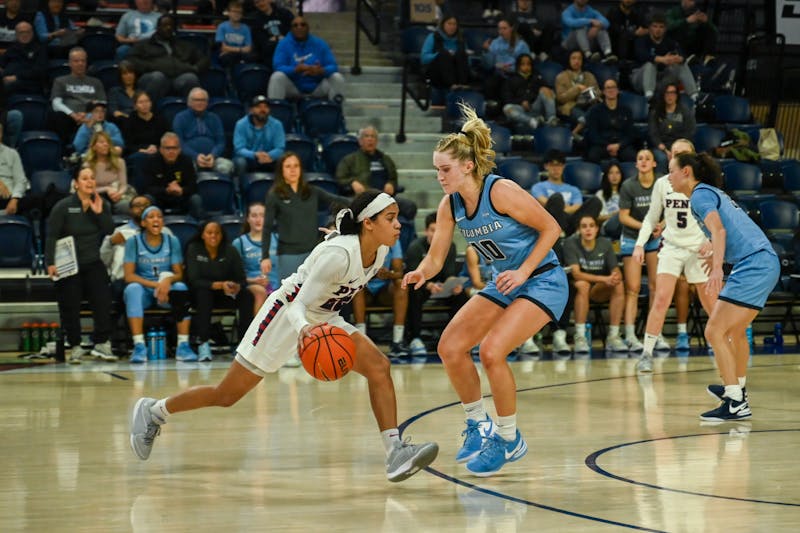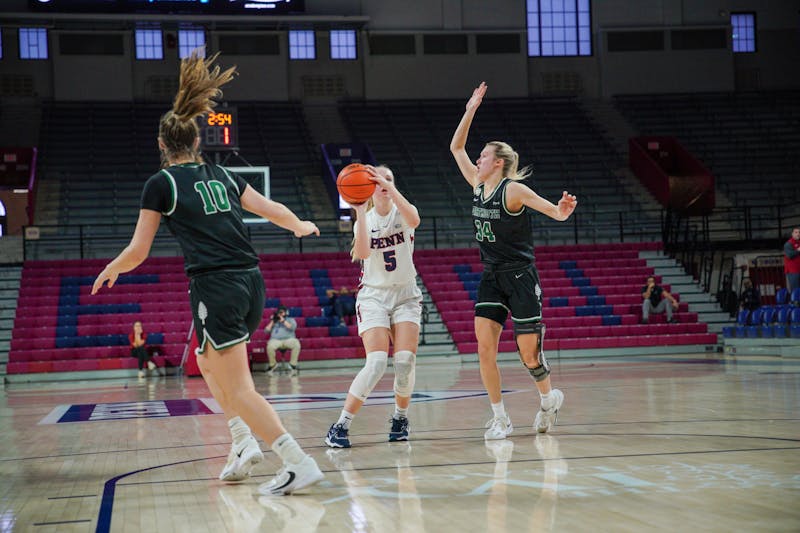
The Franklin Institute's new exhibit features research from Penn Medicine, paying homage to both Penn Med's historical and modern contributions to the field of medicine.
In November 2024, The Franklin Institute announced the grand opening of Body Odyssey, “an immersive, 8,500-square-foot exploration of the human body’s complexities and its quest for balance and well-being,” as described by The Franklin Institute's website. The exhibit would also put their historic walk-through heart back on display.
The Franklin Institute’s Giant Heart is a model heart that has allowed students and tourists to view the inside of the human heart. It now features lights and sensory technology, which allows visitors to sync the Giant Heart with their own heartbeat.
A transcranial electric stimulation (TES) device was donated by Penn professor Roy Hamilton. Hamilton is also the director of the Penn Brain Science, Innovation, Translation and Modulation (brainSTIM) Center and the Laboratory for Cognition and Neural Stimulation.
TES is a non-invasive technique for treating issues such as aphasia that excites neurons in the brain via magnetic pulses that transmit through the scalp. While not yet available to patients in the U.S., the technology could be a promising form of treatment.
Two experimental devices were donated by Neurology and Physical Medicine and Rehabilitation professor Flavia Vitale. The first is an E-Skin Sensor Array, which is made to sense muscle movements through the skin. The second is an Electrocorticography Grid, "a flexible sensor patch that sits on the surface of the brain." This can be used to monitor brain activity and send electrical stimulation to the brain.
Penn Med has been important to the development of modern medicine for hundreds of years. Penn established the nation’s first hospital in 1751 and first medical school in 1765. Penn Med is also the birthplace of Nobel Prize-winning messenger ribonucleic acid (mRNA) vaccine technology, along with countless other technological and research advancements.
The Daily Pennsylvanian is an independent, student-run newspaper. Please consider making a donation to support the coverage that shapes the University. Your generosity ensures a future of strong journalism at Penn.
Donate











